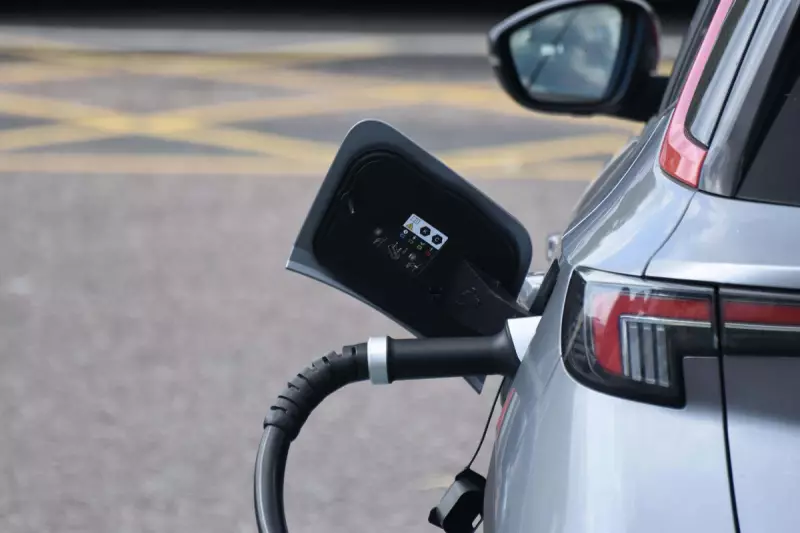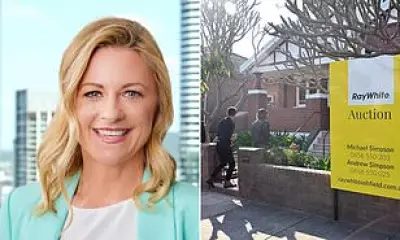
The UK government is quietly developing revolutionary pay-per-mile road pricing that could fundamentally change how all motorists are taxed, with electric vehicle owners facing new charges for the first time.
The £35 Billion Black Hole
According to Treasury documents obtained by The Independent, officials are racing against time to develop a new national road pricing system before the current tax system collapses. The shift to electric vehicles is creating a massive £35 billion shortfall in fuel duty and vehicle excise duty revenues that threatens to blow a hole in public finances.
How Pay-Per-Mile Would Work
The proposed system would track vehicle mileage through either GPS technology or regular mileage readings at MOT test centres. Drivers would then be billed based on actual road usage rather than fixed annual charges.
Key features under consideration include:
- Different rates for various vehicle types and weights
- Potential congestion charging for urban areas
- Time-of-day pricing to manage traffic flow
- Possible discounts for rural communities with limited transport options
Electric Vehicles Lose Their Tax Advantage
Currently, electric vehicle owners benefit from significant tax advantages, paying no fuel duty and being exempt from vehicle excise duty until 2025. This has been a major incentive driving EV adoption, but Treasury officials warn this model is "unsustainable" as EV sales continue to surge.
Chancellor Jeremy Hunt faces a delicate balancing act - maintaining incentives for green transport while ensuring all road users contribute fairly to maintaining the UK's road network.
The Political Roadblocks
Previous attempts to introduce road pricing have faced fierce public opposition. The controversial 2007 national road pricing petition attracted nearly 2 million signatures, forcing the government to abandon similar plans.
However, with the Office for Budget Responsibility warning that fuel duty revenues will disappear entirely within two decades, ministers believe the current fiscal reality makes reform unavoidable.
The Treasury maintains that any new system would be "revenue neutral," meaning most drivers wouldn't pay more overall, though the method of payment would radically change.






